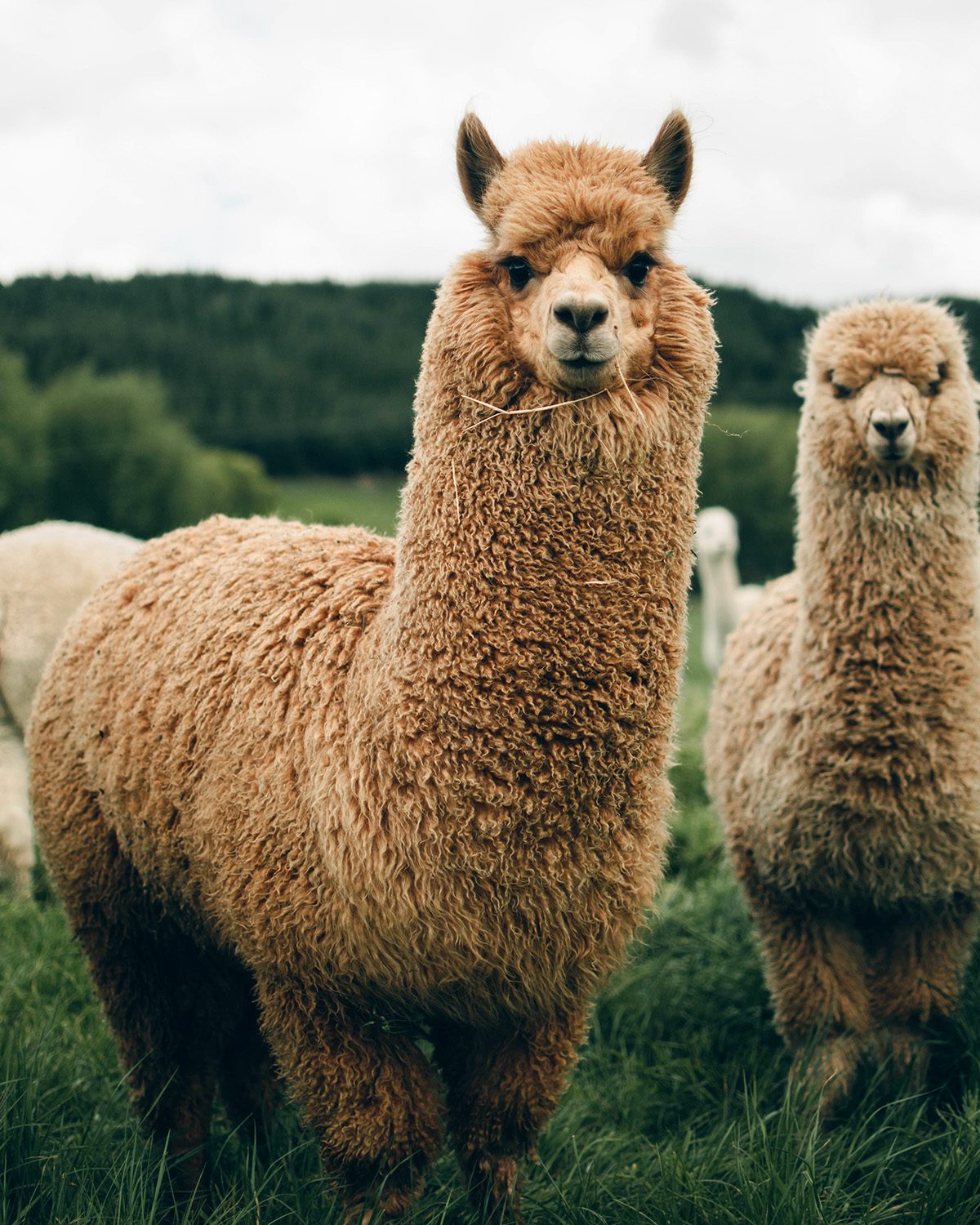Welcome to Facts Vibes! Today, we’re diving into the vibrant culture and rich history of El Salvador. Get ready to explore 10 fascinating facts about this captivating Central American country. From its stunning landscapes to its intriguing traditions, there’s so much to uncover about El Salvador. Let’s begin our journey of discovery!
Discovering the Fascinating Facts of El Salvador
El Salvador is a country with a rich history and diverse culture. Located in Central America, it is the smallest and most densely populated country in the region. Despite its small size, El Salvador boasts a wide range of fascinating facts that make it a unique and intriguing destination to explore.
One of the most interesting facts about El Salvador is its impressive archaeological sites. The country is home to the ancient Mayan city of Tazumal, which dates back to around 500 AD. Visitors can explore the well-preserved pyramids and learn about the advanced civilization that once thrived in this area.
El Salvador is also known for its stunning natural landscapes. From volcanic peaks to lush rainforests, the country offers a diverse range of outdoor adventures for nature enthusiasts. The Santa Ana Volcano, one of the country’s most famous peaks, provides breathtaking views of the surrounding countryside.
In addition to its natural beauty, El Salvador has a vibrant cultural scene. The country is famous for its traditional crafts, including intricate wood carvings and colorful textiles. Local festivals and celebrations showcase the lively spirit of the Salvadoran people, with music, dance, and delicious cuisine taking center stage.
Overall, El Salvador is a captivating destination that offers a wealth of interesting facts to discover. Whether exploring its ancient history, admiring its natural wonders, or immersing oneself in its vibrant culture, there is no shortage of fascinating experiences to be had in this remarkable country.
Most popular facts
El Salvador is the smallest and most densely populated country in Central America.
El Salvador is the smallest and most densely populated country in Central America.
The official currency of El Salvador is the US dollar.
The official currency of El Salvador is the US dollar.
It is known for its beautiful beaches, such as El Tunco and El Sunzal.
El Tunco and El Sunzal are beautiful beaches known for their scenic beauty.
El Salvador is prone to earthquakes and volcanic activity due to its location along the Pacific Ring of Fire.
El Salvador is prone to earthquakes and volcanic activity due to its location along the Pacific Ring of Fire.
The country’s national dish is the pupusa, a thick corn tortilla filled with cheese, beans, or meat.
The country’s national dish is the pupusa, a thick corn tortilla filled with cheese, beans, or meat.
El Salvador gained independence from Spain on September 15,
El Salvador gained independence from Spain on September 15.
Sure, information and facts are essential for making informed decisions and understanding the world around us.
Lake Ilopango, located in El Salvador, is a former volcano crater and the largest natural lake in the country.
Lake Ilopango, located in El Salvador, is a former volcano crater and the largest natural lake in the country.
The country has a tropical climate with distinct wet and dry seasons.
The country has a tropical climate with distinct wet and dry seasons.
El Salvador’s flag consists of three horizontal stripes: blue, white, and blue, with the country’s coat of arms in the center.
The flag of El Salvador consists of three horizontal stripes: blue, white, and blue, with the country’s coat of arms in the center.
The capital city of El Salvador is San Salvador, which is the largest city in the country.
The capital city of El Salvador is San Salvador, which is the largest city in the country.
El Salvador is bordered by Guatemala to the west, Honduras to the north and east, and the Pacific Ocean to the south.
El Salvador is bordered by Guatemala to the west, Honduras to the north and east, and the Pacific Ocean to the south.
The country’s economy relies heavily on remittances from Salvadorans living abroad, particularly in the United States.
The country’s economy relies heavily on remittances from Salvadorans living abroad, particularly in the United States.
El Salvador has a rich cultural heritage, with influences from indigenous, Spanish, and African traditions.
El Salvador has a rich cultural heritage, with influences from indigenous, Spanish, and African traditions.
The civil war in El Salvador, which lasted from 1980 to 1992, had a significant impact on the country’s history and society.
The civil war in El Salvador, which lasted from 1980 to 1992, had a significant impact on the country’s history and society.
The Ruta de las Flores is a popular tourist route in El Salvador, known for its picturesque towns and scenic landscapes.
The Ruta de las Flores is a popular tourist route in El Salvador, known for its picturesque towns and scenic landscapes.
In conclusion, El Salvador is a rich and diverse country with a fascinating history, vibrant culture, and breathtaking natural beauty. Its unique geographical features and abundance of resources make it a captivating destination for travelers. The ten facts discussed shed light on the diverse and dynamic nature of this Central American nation, making it an intriguing subject for further exploration. El Salvador truly offers a wealth of opportunities for those seeking to immerse themselves in its history, culture, and natural wonders.
